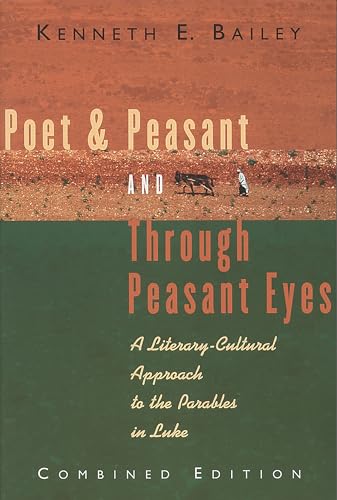More than man: a study in christology
Written by Russell F. Aldwinckle Reviewed By David P. ScaerThe task of systematic theology is directing the biblical materials on a given doctrine towards a contemporary situation. As this task proceeds, the past position of the church is examined so that it may be reaffirmed as the church’s confession or readjusted as suggested by the evidence uncovered.
With this definition of systematic theology Aldwinckle, currently a faculty member of the McMaster Divinity College in Hamilton, Ontario, provides an admirable christology and he takes a direct look at the several contemporary christological options in order to test them out on the basis of the New Testament and of the church’s previous formulations. A chapter on the Chalcedonian formulations is provided. The task of theology especially in the area of christology has become staggering, if not overwhelming, simply because the last two centuries have probably offered more options concerning the person of Jesus than the first seventeen. In spite of the gargantuan task, Aldwinckle tackles the prominent christological options and sets about to reaffirm the church’s traditional position. His chief purpose is not to provide an all embracing biblical christology, but he is fully aware of major exegetical concerns recently raised about the historical Jesus and his divine consciousness or lack of it. Aldwinckle disputes any claim to separate dogma and history in the quest for knowledge about Jesus. The self-acclaimed objective historians of the nineteenth century were not without their definite dogmatic presuppositions. They only made their own dogmatic substitutions.
In the last generations, Christian theology has had to wrestle with God’s non-existence, his ‘death’, and his encasement within the process of the world’s history. In connection with Christ’s deity, Aldwinckle discusses these views about God’s existence and their effect on christological formulations. The person of Jesus has suffered at the hands of Christian theologians and some historians since the age of the Enlightenment. Each theologian and philosopher is tempted to include Jesus as the prime example of their own world view. Aldwinckle is at home with these contemporary readjustments of the person of Jesus, and answers them forthrightly.
His book is definitely directed to those who have come into contact with the flood of christologies and are looking for an answer amidst the confusing options. With the attack on the transcendental God concept of classical theology, the church’s theological obligations have not only become more complicated but they must be readjusted so that first the evidence must be examined before we arrive at the theological conclusions. Aldwinckle has pioneered in offering systematic christology against this new background.
David P. Scaer
David P. Scaer is Professor of Systematic Theology at Concordia Theological Seminary, Fort Wayne, Indiana.






